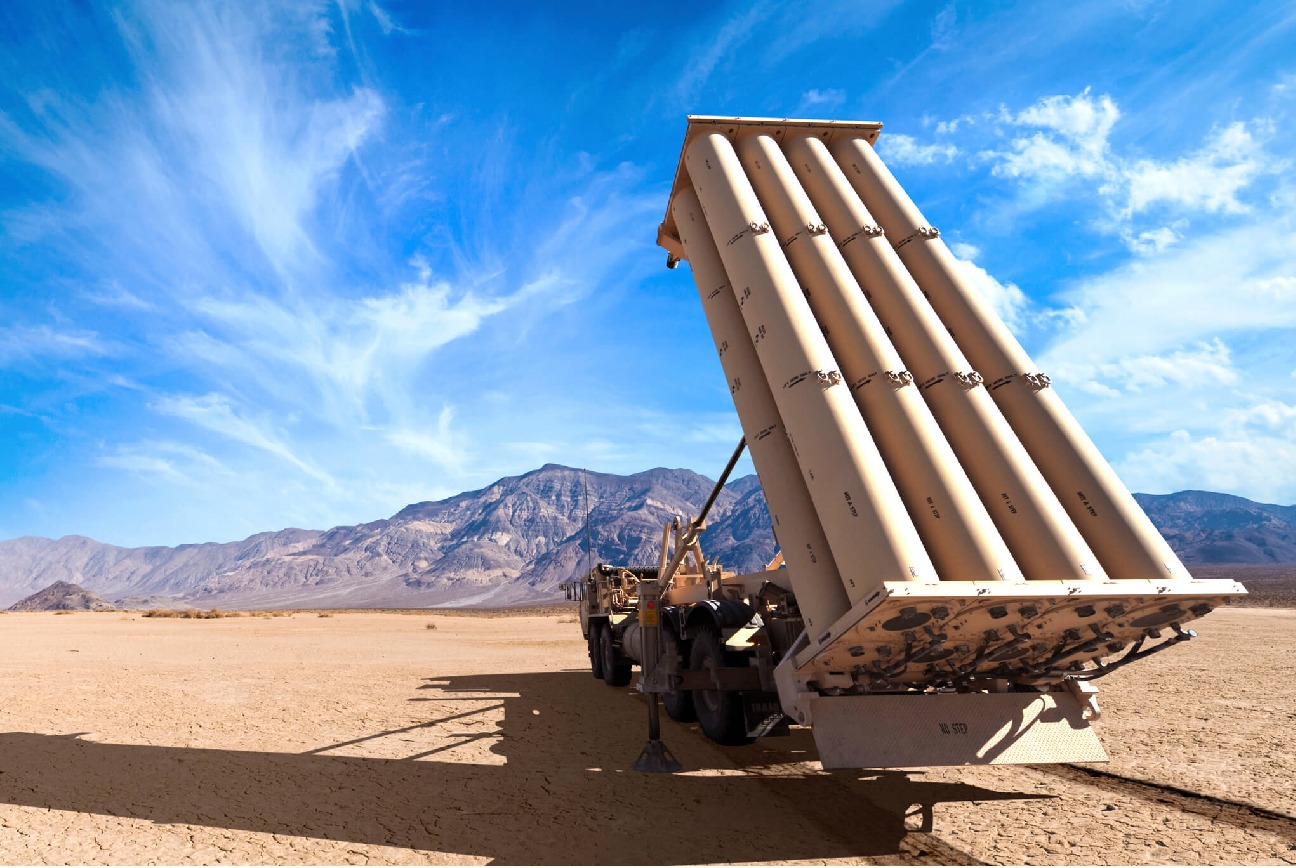By Debalina Ghoshal
In recent months, South Korea’s military cooperation with the United States has only grown from strength to strength. In April 2023, South Korea conducted anti-submarine drills with the United States and Japan to counter North Korean underwater threats.
Last month, the United States sent a nuclear-powered submarine capable of carrying Tomahawk cruise missiles to South Korea. This month, South Korea conducted missile defense drills with Japan and the United States.
While these actions respond to North Korea’s aggressive military posture, including launching an Intercontinental Ballistic Missile (ICBM), China has been wary of US moves toward South Korea. In April 2023, Beijing opposed the move of US plans to deploy nuclear submarines in South Korea.
Foreign Ministry Spokesperson in Beijing Mao Ning even accused, “[t]he United States has put regional security at risk and intentionally used the issue of the [Korean] peninsula as an excuse to create tension.” Military cooperation was restricted between South Korea and the United States during President Moon Jae-in’s tenure to prevent a jeopardized relationship between China and South Korea.
Following South Korea’s decision to field Terminal High Altitude Area Defence (THAAD), a Chinese spokesperson warned Seoul “will jeopardize security and the strategic interests of regional countries, including China, and undermine the strategic balance in the region.” China imposed economic punishments on the ROK with declining economic ties with South Korea following the fielding of the THAAD.
Economic Punishments by China
South Korea’s Lotte Group, a Korean conglomerate that provided the land for deployment of the THAAD, faced the brunt in China, where it had established its business. A massive project in China of the Lotte Group in China’s north-eastern city of Shenyang was put on hold in December 2016.
Then, the conglomerate was also charged 44,000 Chinese yuan for violating Chinese advertising laws. Lotte Mart’s hypermarkets and supermarkets also suffered in China in 2017. Eighty-seven of ninety-nine hypermarkets were closed, resulting in the Lotte Group announcing its decision to abandon its chain of hypermarkets and supermarkets in China.
Prominent online marketplaces like Alibaba’s Tmall voluntarily pulled Lotte products. Also, Chinese travelers have been responsible for seventy percent of all sales at Lotte Duty-Free and eighty percent at Shinsegae Duty-Free. ROK’s duty-free sector is the largest in the world; however, following the decision to field THAAD, Lotte Duty-Free and other duty-frees experienced a forty percent fall in sales.
In March 2017, China also declared it would ban all group travel to South Korea as a retaliatory step to the decision to field the THAAD. The South Korean tourism industry also suffered major losses. In 2017, 33.3 million Chinese tourists to the ROK canceled their trips. Many workers in ROK’s tourism department lost their jobs, too.
The Korean pop music industry also suffered following the decision to deploy THAAD. K-pop music became one of the critical components of Korean ‘soft power diplomacy’ in China. However, the Chinese government’s crackdown on Korean pop culture led to its downfall.

K-pop stars were banned from performing in China. K-dramas and films were also banned from being aired in China. Korean channels are not broadcast in China as Korean celebrities were banned from getting advertisements in China.
Korean cosmetic companies also suffered major losses in China when Beijing banned the import of Korean cosmetic products. These included companies like Aekyung, CJ Lion Corp., IASO, and Kocostar. The South Korean cosmetic industry until 2016 was heavily dependent on the Chinese market, and until then, China accounted for twenty-three percent of the total Chinese beauty market.
Again, while many companies producing electric vehicles (EVs) in China received subsidies despite not having national certification, South Korean companies like Samsung SDI and LG Chem did not receive subsidies for their EVs.
In 2018, Samsung Electronics shut down sites in China’s Tianjin and Shenzhen, and by 2020, it had also shut down its last TV factory. Moreover, the same year, Samsung Display sold its stakes in Suzhou liquid crystal display (LCD) to TCL Technology Group Corp’s Star Optoelectronics Technology unit. Not only this, Samsung Display also decided to stop all of its production of LCD panels in South Korea and China by 2020.
South Korean automobile industries like Hyundai and Kia have also suffered due to THAAD deployment as they witnessed a downfall in sales of automobiles.
China remains South Korea’s largest trading partner, and this is a truth that Seoul knows it cannot avoid. Semiconductor factories like Samsung and SK Hynix Inc. operating in China are still signs of positive economic relations with China despite the sanctioning of South Korean companies following the THAAD deployment.
A country that once enjoyed a trade surplus with China is now experiencing a trade deficit with China. While the US-China trade war and COVID-19 are reasons for this downfall, the Chinese ban on South Korean products following the THAAD deployment decision cannot be eschewed.
Thus, South Korea would need to weigh its economic cards well before further strengthening its military relations with the United States. While military cooperation with the United States is crucial to enhance deterrence vis-à-vis North Korea, South Korea would need to analyze the impact it would have on its economy on a long-term note.
- Debalina Ghoshal is a Non-Resident Research Fellow at the Council on International Policy, Canada. She tweets @Debalinaghoshal
- Follow EurAsian Times on Google News




